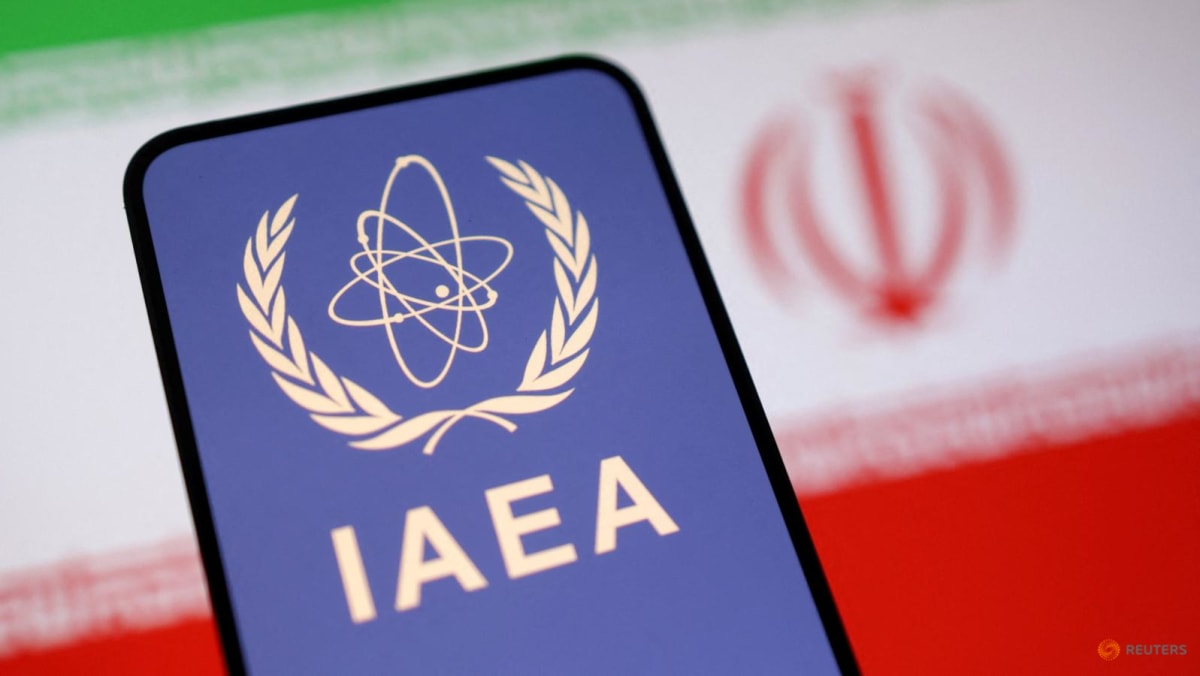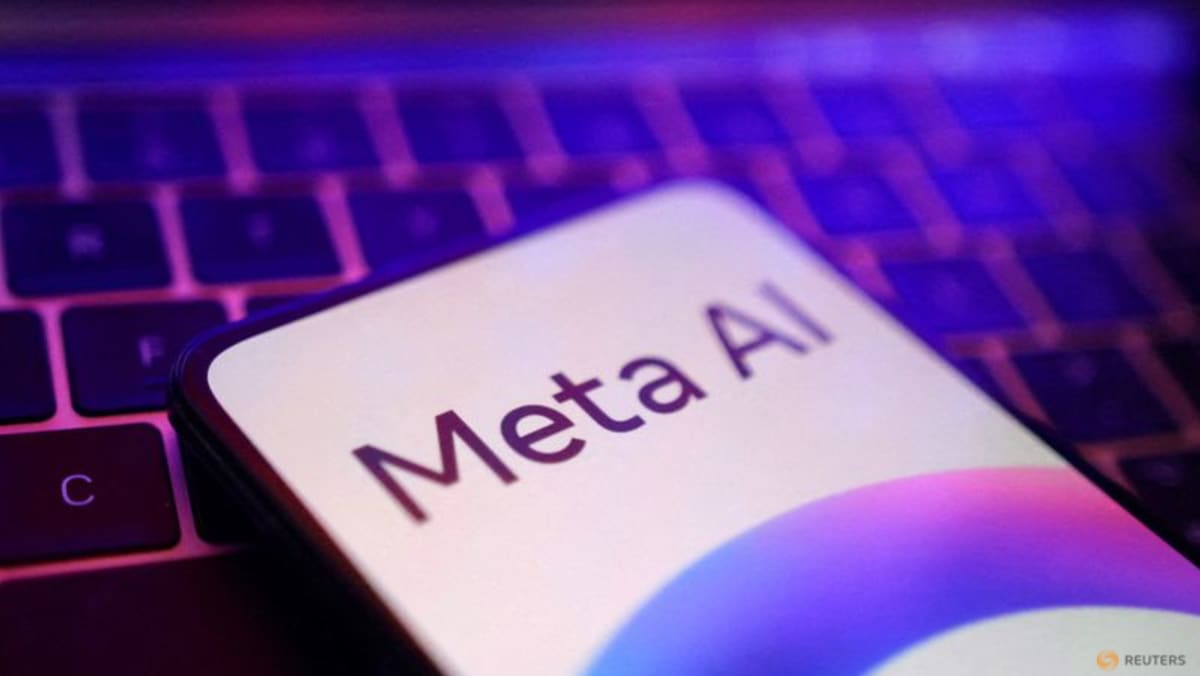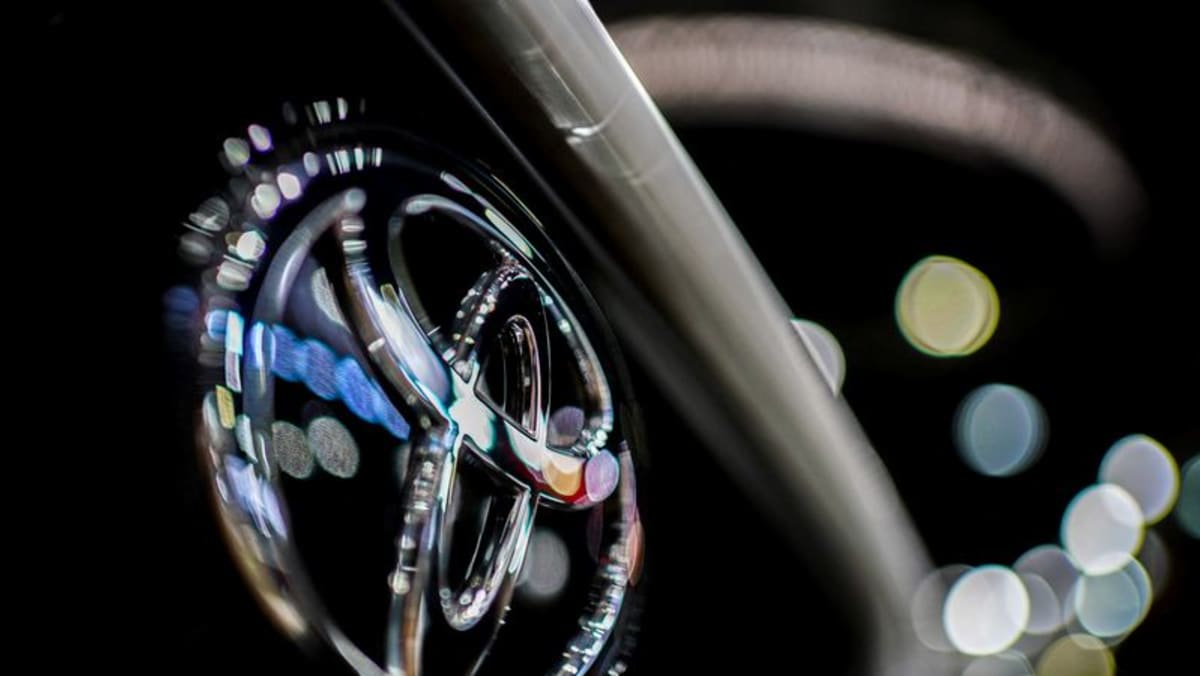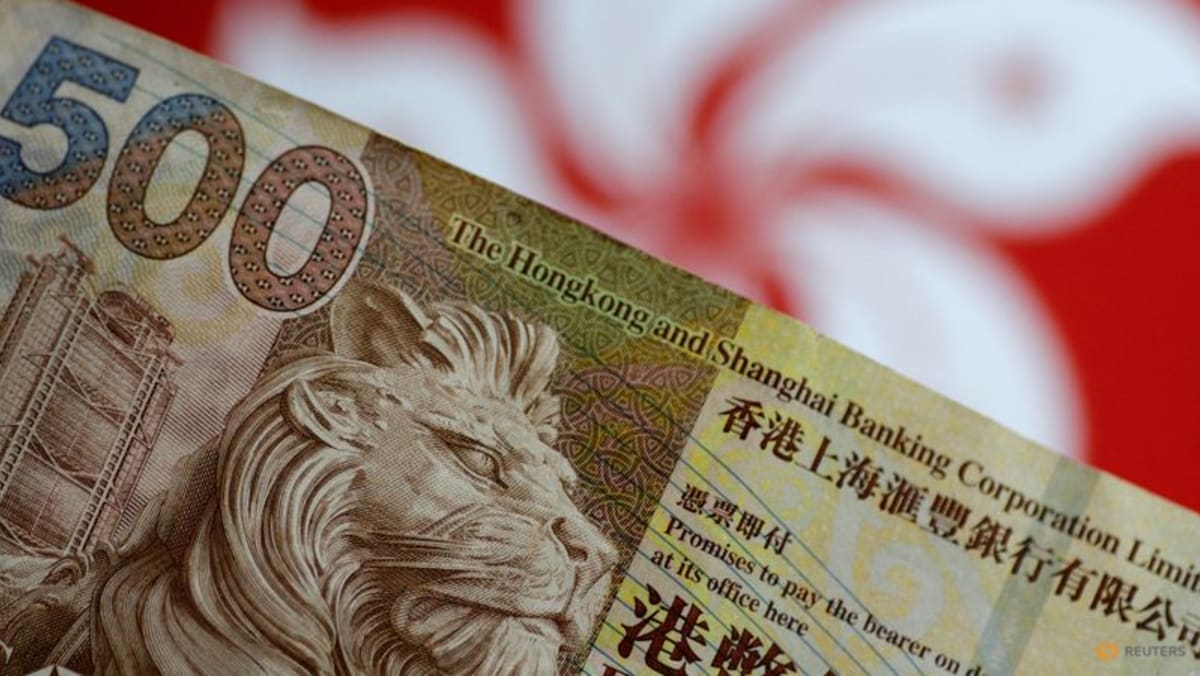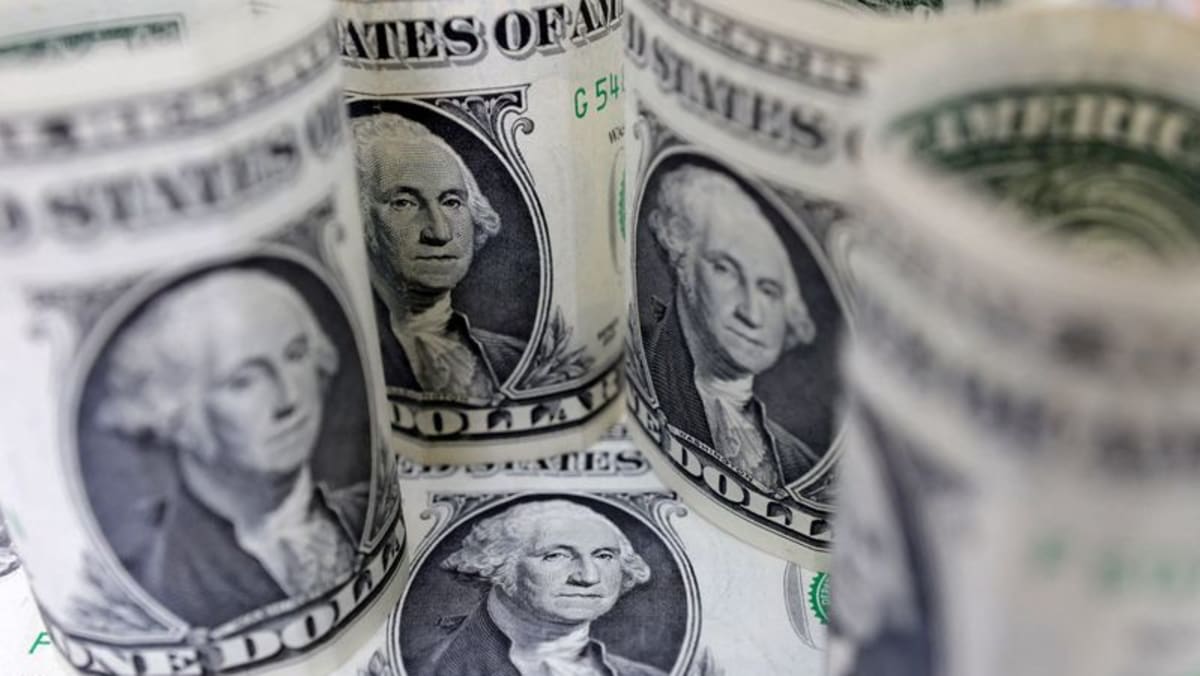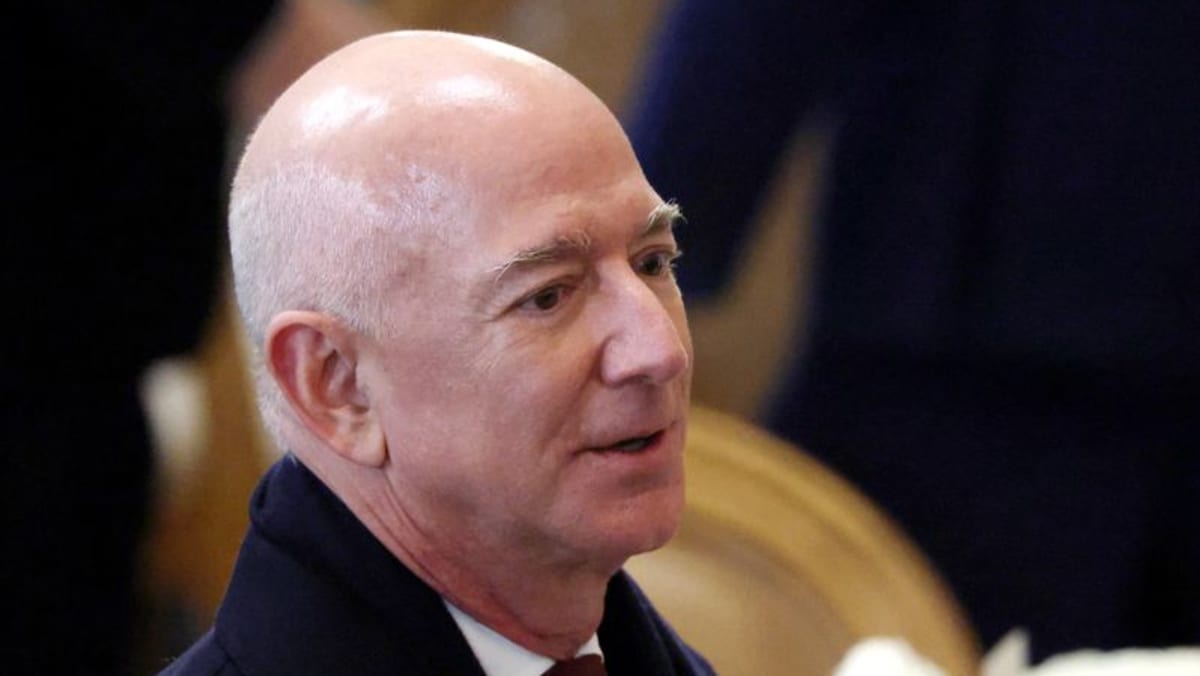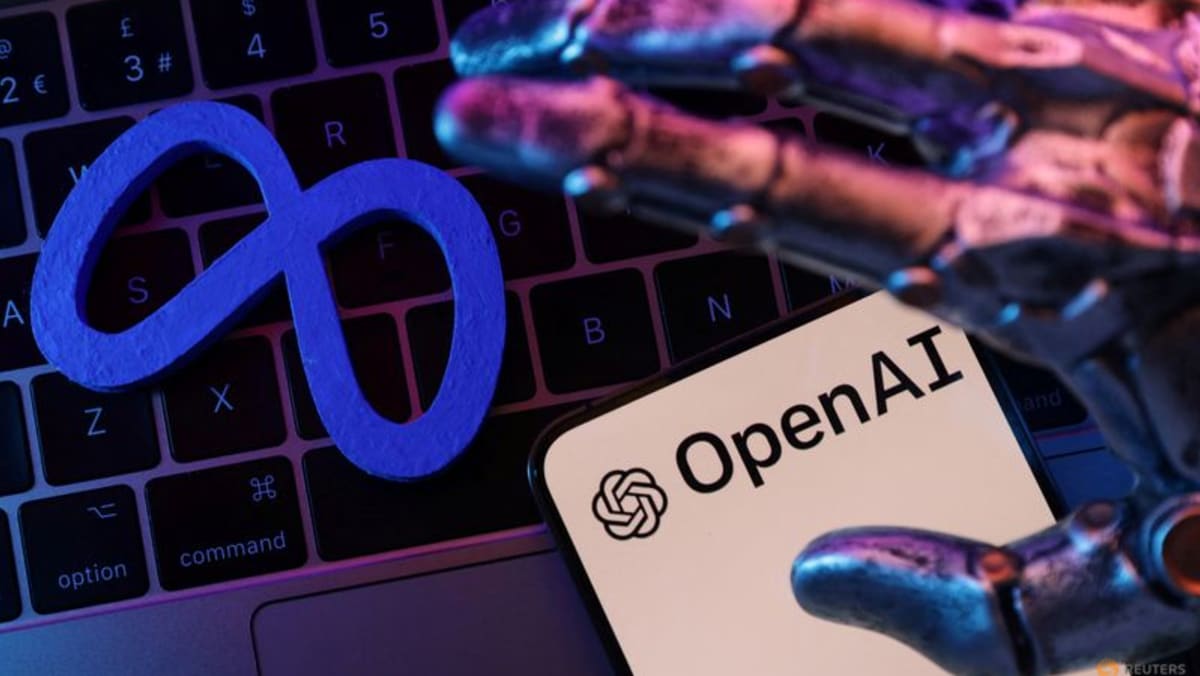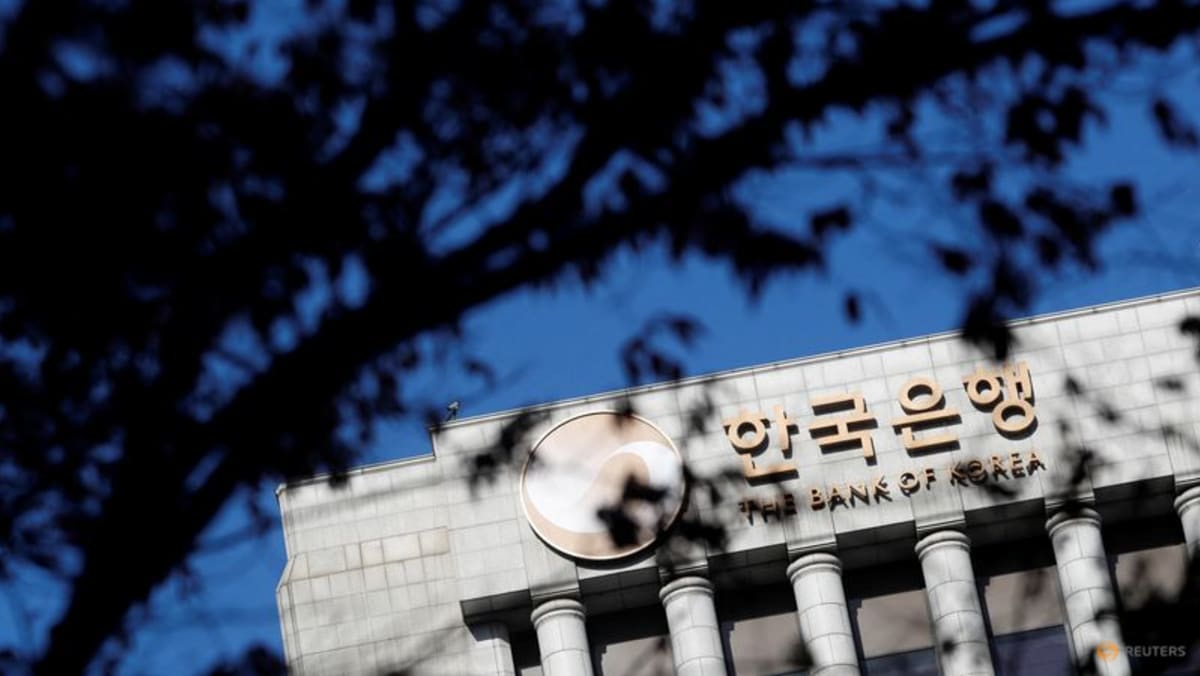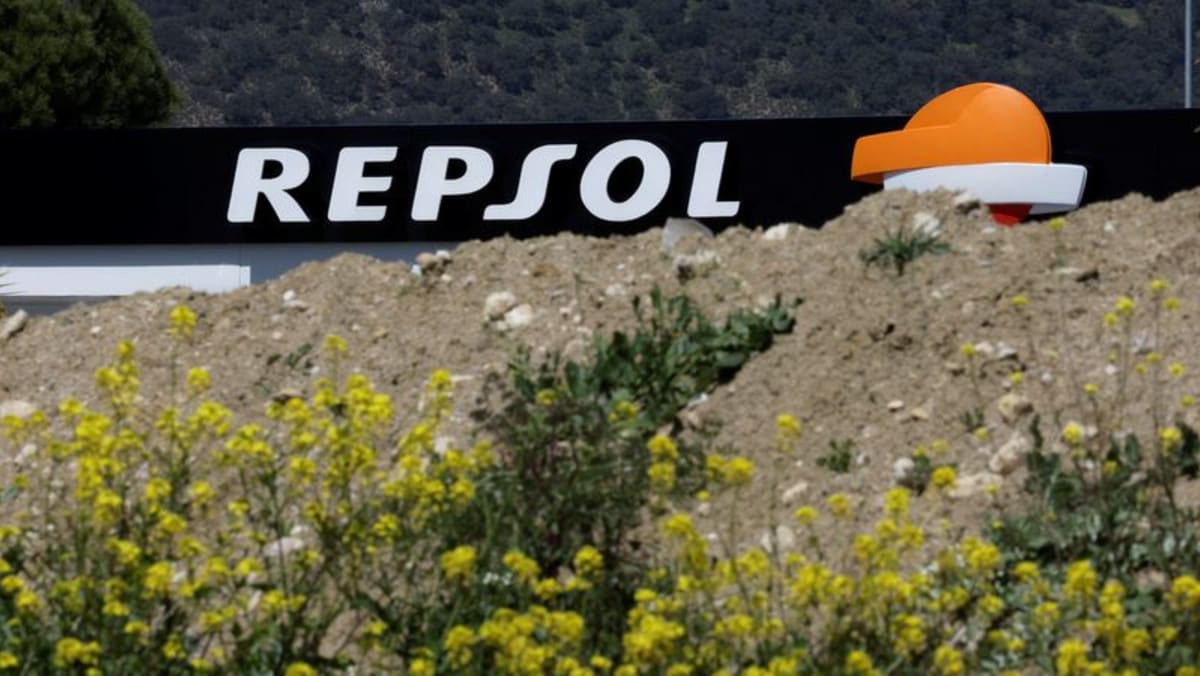TOKYO/HONG KONG :Japan is driving Asia’s M&A rebound in 2025 with a record $232 billion worth of deals in the first half, and bankers expect the trend to sustain fuelled by multi-billion dollar take-private arrangements, outbound investments and private equity activity.
Management reforms to tackle chronic low valuations among Japanese firms are spurring a flurry of foreign and activist investor interest, while Japan’s low interest rates – which support deals – mean the appetite for more deals remains strong, bankers say.
The deals involving Japanese companies more than tripled in value in the first half, while in the same period Asia M&A value reached $650 billion, more than double the amount year-on-year, LSEG data showed.
Bankers say government calls for better corporate governance, including the privatisation of listed subsidiaries, as well as outbound acquisitions by Japanese firms seeking new growth avenues will keep igniting mega deals.
Moreover, Japan has been relatively insulated from global volatility despite the broader geopolitical and macroeconomic uncertainty, helping to underpin deals momentum, they say.
A cohort of Toyota Motor group companies and telecoms giant Nippon Telegraph and Telephone took private listed subsidiaries in deals worth $34.6 billion and $16.5 billion respectively, among the largest transactions globally.
“There are many other deals like these on the way and their number is increasing,” said Kei Nitta, global head of M&A at Nomura Securities.
SoftBank Group also led a new fundraising of up to $40 billion into ChatGPT maker OpenAI in the biggest private tech funding round in history.
The long-standing trend of Japanese firms looking abroad for growth opportunities in the face of a shrinking home market has continued despite heightened uncertainty in the global economy. Japanese financial institutions, such as insurer Dai-ichi Life and Nomura Holdings, announced major deals and bankers say demand remains robust across industries. “Debates over tariffs and foreign conflicts mean that some investment decisions are taking longer than usual and some customers have become more cautious, but we consider appetite for investment itself to remain very strong,” Nitta said. Japanese firms themselves have also become more attractive acquisition targets as global firms have reconsidered their supply chains and distribution of resources over the past two years, Nitta added.
However, there are some hurdles that could slow dealmaking in Japan.
Uncertainty around the global economic outlook has made assessing companies’ future prospects more difficult, leading to a disconnect in valuation expectations between buyers and sellers.
This has caused an increasing number of deals to fail, said Atsushi Tatsuguchi, head of the M&A advisory group at Mitsubishi UFJ Morgan Stanley Securities.
As part of the corporate reform drive, firms are under rising pressure to offload non-core business units, with private equity funds increasingly the destination for the hived off parts. Convenience store operator Seven & I Holdings – itself the target of a buyout bid from Canadian rival Alimentation Couche-Tard – sold off a bundle of its superstores and other peripheral business units to Bain Capital for some $5.5 billion in March.
“Carve-outs of operating companies’ non-core assets will continue to be a trend in the near term,” said senior deputy head of M&A advisory at SMBC Nikko Securities, Yusuke Ishimaru.
Bankers say there is a strong pipeline of potential deals involving private equity firms.
Potential deals to be announced in the second half include an acquisition of Japanese cybersecurity firm Trend Micro which has a market value of 1.32 trillion yen ($8.54 billion).
Bidders included Bain Capital and EQT, Reuters reported earlier this year.
“Private equity funds are also seen as promising buyers for taking listed companies private,” Ishimaru said.
